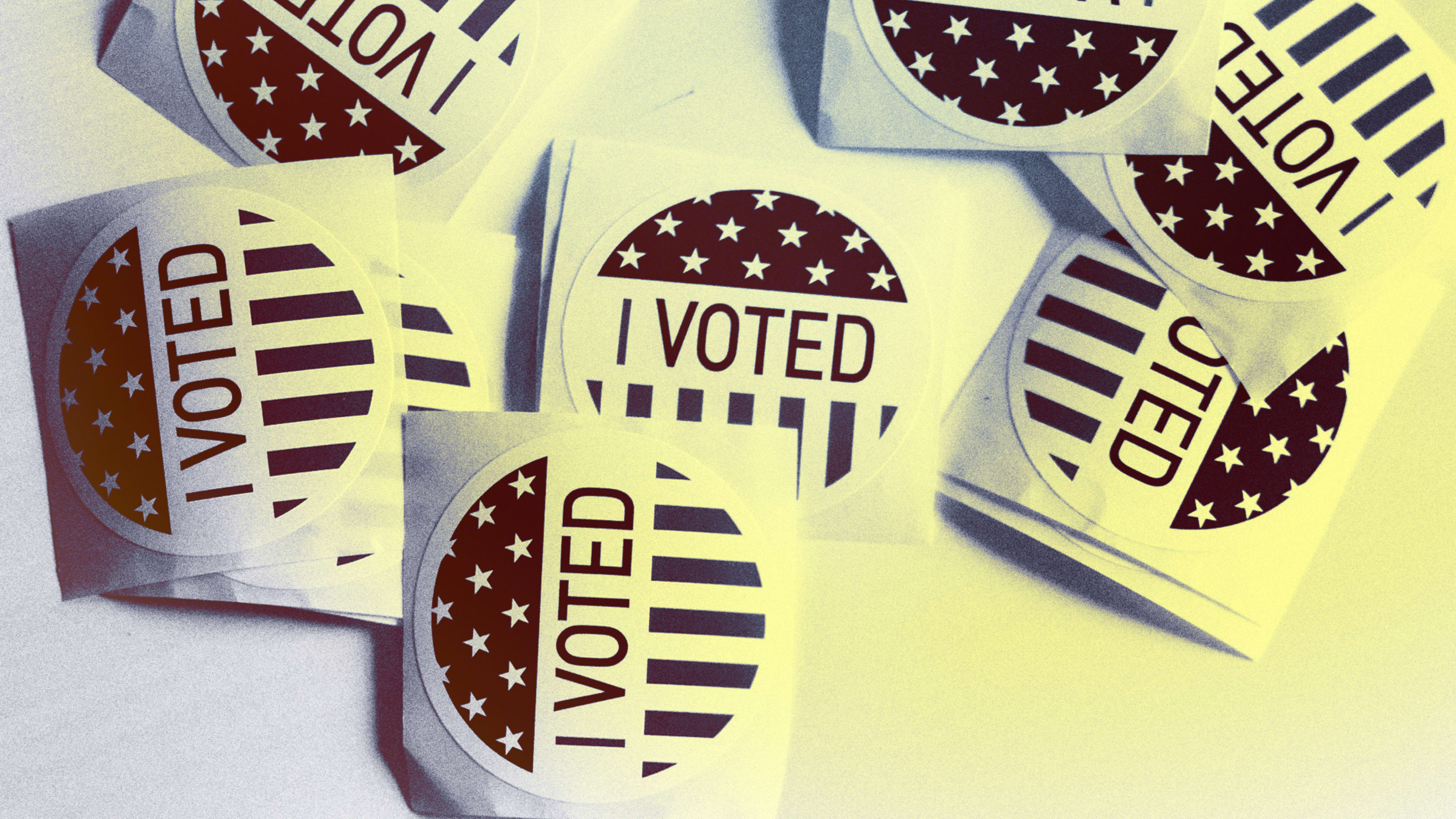Mobile voting for overseas and military voters is coming to two new counties in Oregon for this year’s November election, and Utah County, Utah, will let people with disabilities vote through a mobile app as well, Tusk Philanthropies announced on Wednesday.
Tusk Philanthropies, founded by investor Bradley Tusk, has been promoting mobile voting as a way to boost turnout, working with the app provider Voatz. The organizations, which worked with West Virginia in 2018 to offer mobile voting to military voters, say that in 2016 nearly 300,000 overseas voters ordered absentee ballots but weren’t able to return them to vote in the election that year. By verifying voter identities and letting users cast ballots with their phones, the Voatz technology is intended to eliminate some of those hurdles.
“Jackson and Umatilla Counties just made history as the first in Oregon to give voters the ability to vote in the same way they conduct most of their other business–on their phones,” said Tusk in a statement.
And in Utah County, voters with disabilities that can make it hard to physically go to the polls will also be able to participate in the pilot program.
“We commend election officials, like those in Utah County, who are providing options to voters with diverse needs with this exciting pilot project,” said Sherri Newton, Voting Advocate at the Disability Law Center, in a statement. “We regularly hear from voters with disabilities who need accommodations in order to vote privately and independently, that they value their civic right and duty to vote.”
Tusk has expressed hope that if mobile voting spreads, it will boost election participation and reduce political extremism by bringing less polarized voters into the political process. While some skeptics have expressed concern about the possibility of voting apps or the digital records associated with them being prone to hacking, Tusk has said he’s more concerned about the harm done to democracy by low turnout.
He plans to continue working with technology vendors like Voatz and additional jurisdictions to continue to expand mobile voting programs, which he says have so far proved popular with voters.
“Of course people like it better,” he says. “It’s a much easier way to vote.”
Recognize your brand’s excellence by applying to this year’s Brands That Matter Awards before the early-rate deadline, May 3.
